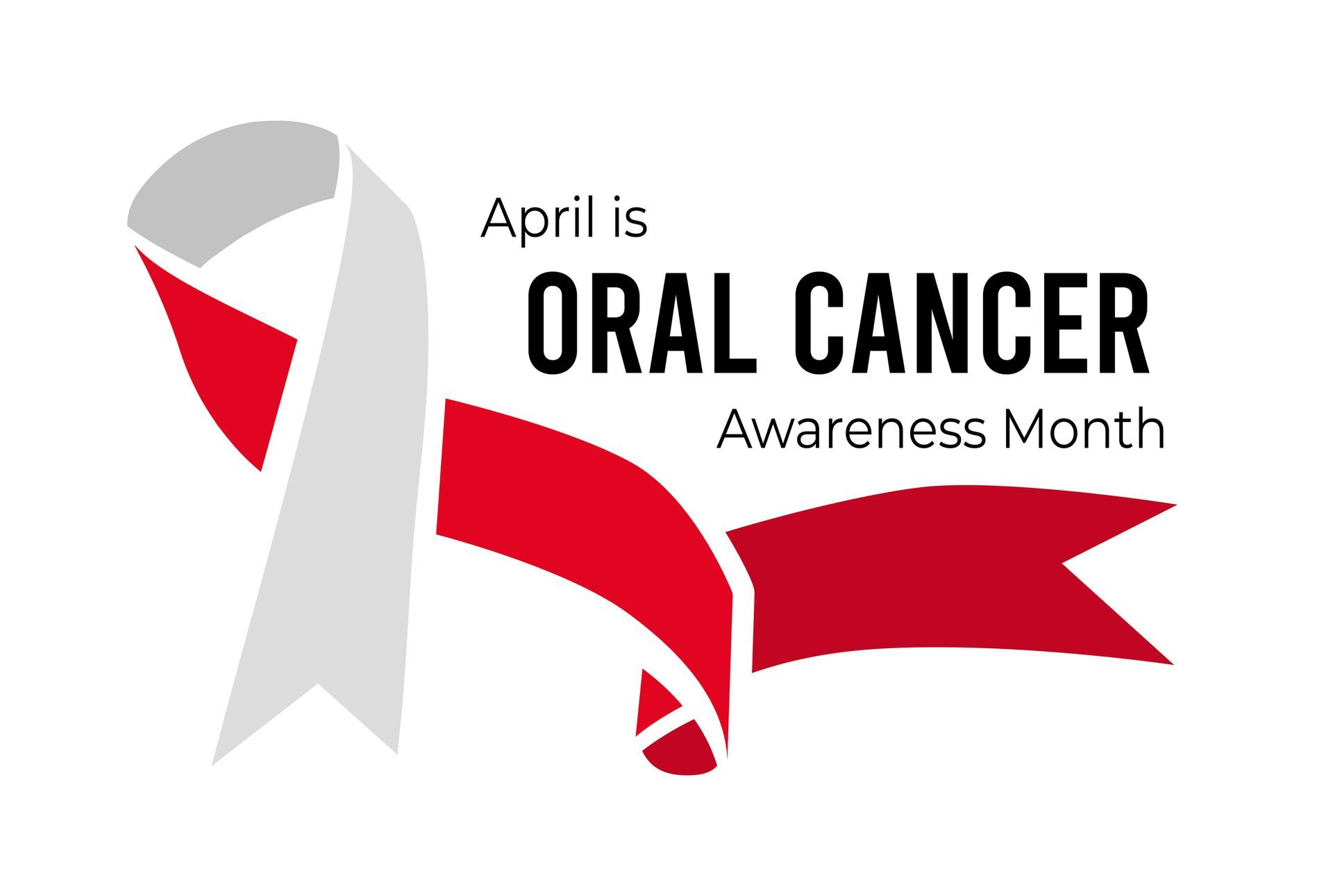The Guide to Dental Floss: Which Type is Right for You?
When it comes to maintaining oral hygiene, flossing plays a pivotal role. It helps remove food particles and plaque from between your teeth, areas where a toothbrush can’t reach. But with various types of dental floss available, how do you determine which one is best for your needs? Let’s delve into the world of dental floss to help you make an informed choice.

1. Nylon (or multifilament) floss
The classic choice, nylon floss, is composed of multiple nylon strands. It’s available in waxed or unwaxed versions. Although popular, it has a propensity to shred, especially between tight spaces.
2. PTFE (monofilament) floss
For those frustrated with shredding, PTFE floss, made from a single filament, might be the solution. Shred-resistant and known to glide effortlessly between teeth, it’s a boon for those hard-to-reach tight spaces.
3. Dental tape
If standard floss feels too thin for your liking, dental tape, with its broader and flatter profile, is an excellent option, especially for those with wider gaps between teeth.
4. Waxed vs. Unwaxed floss
The primary difference lies in the light wax coating on the former, making it smoother and easier to slide between closely spaced teeth. However, unwaxed floss is thinner and might appeal to some, despite its tendency to shred more easily.
5. Teflon-coated floss
Crafted from the same material as PTFE floss, its standout feature is its smooth texture, ensuring it remains shred-resistant.
6. Flavored floss
Making flossing fun, flavored flosses come in various flavors like mint or cinnamon, providing a burst of freshness post-flossing.
7. Super floss
Brace-wearers, rejoice! Super floss, with its stiffened end, spongy segment, and regular floss section, is your go-to for cleaning around braces, bridges, and sizable gaps.

8. Silk floss
Eco-warriors will appreciate silk floss. Not only is it biodegradable, but it also offers a natural option in the realm of dental floss, aligning with eco-friendly or zero-waste lifestyles.
9. Expanding or Smart floss
Taking innovation to another level, this floss expands upon contact with teeth, ensuring a comprehensive clean.
10. Water or air flossers
Stepping away from traditional string floss, these modern devices employ water or air streams to cleanse between teeth and beneath the gumline. They’re especially handy for those with braces or other dental work.
11. Interdental brushes
Another departure from string floss, these tiny brushes are adept at cleaning between teeth and around dental fixtures, offering an alternative method of interdental cleaning.
Your choice of floss should align with your dental structure, personal preferences, and specific needs. If you’re unsure about which type to choose, consulting with a dental professional can offer clarity. Remember, the best floss is the one you will use consistently. Prioritize your oral health, and make flossing a non-negotiable part of your daily routine!




